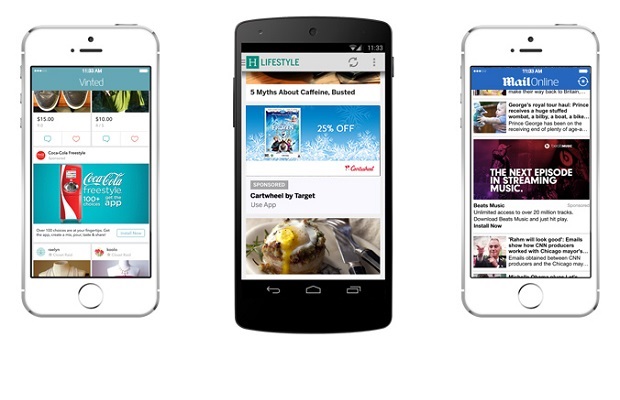In a major move against Google, Facebook will begin showing adverts to people around the web; not just at those not logged in, but those without an account at all.
Previously, the social network only displayed ads to Facebook members when they visited third-party websites and applications which were part of its Audience Network.
Under the new scheme, if a non-Facebook user visits a cooking-related website, Facebook might determine that person is interested in cooking and may target them elsewhere across the Web with ads for food-related products.
One way it will do so is by placing small pieces of code on users’ devices called cookies, which can be used to identify them as they move around the Internet.
Facebook is thought to take a roughly 30% cut of all ads it sells through its Audience Network.
The change will ramp up competition with Google, which dominates the global digital-advertising market, and a wide range of other online ad specialists.
Speaking to the Wall Street Journal, Andrew Bosworth, vice president of Facebook’s ads and business platform, said: “Publishers and app developers have some users who aren’t Facebook users. We think we can do a better job powering those ads. Our buttons and plugins send over basic information about users’ browsing sessions. For non-Facebook members, previously we didn’t use it. Now we’ll use it to better understand how to target those people,”
Back in March 2016, Facebook said that about 1.65 billion people now use the site each month.
For context, the International Telecommunication Union, a total of 3.17 billion people used the Internet globally in 2015, meaning that Facebook is used by roughly half of all the world’s internet users.

